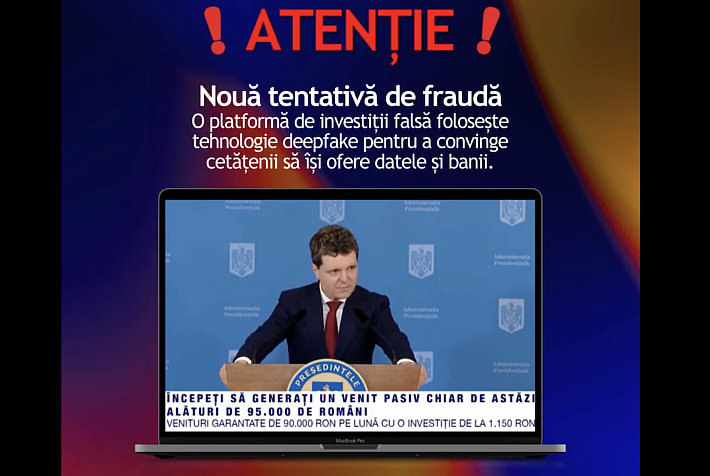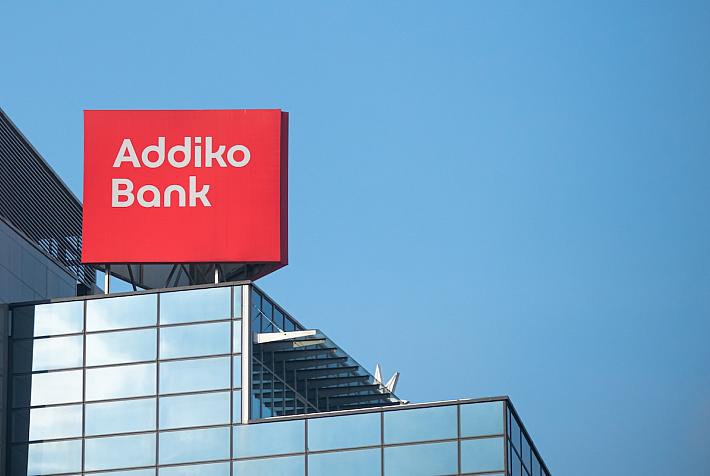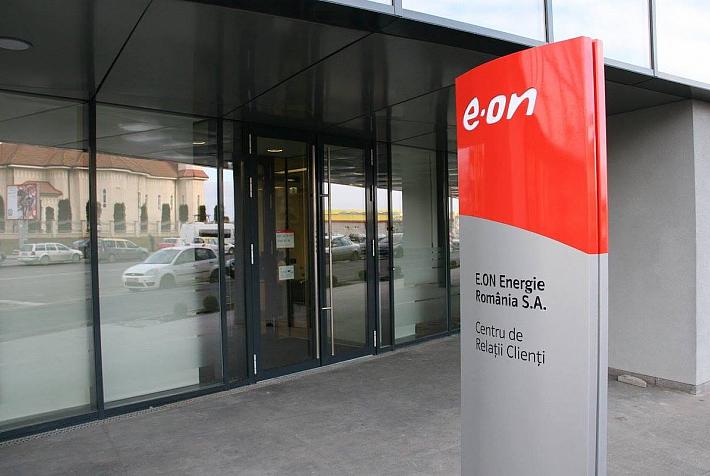(P) Tax Flash: Changes to the Fiscal Code in Romania

(Emergency Ordinance no. 117 / 2010, published in the Official Gazette no. 891 / 30 December 2010)
The Emergency Ordinance (EO) introduces certain amendments regarding profits tax, personal income tax, withholding tax, VAT and excise duties. Also, provisions regarding social security contributions are introduced in the Fiscal Code and the microenterprise taxation regime has been reintroduced in the tax legislation. The provisions of the EO enter into force starting with 1 January 2011 (with some exceptions). The main amendments brought to the Fiscal Code include, inter-alia, the following:
Profits tax
Fuel expenses
The provisions regarding the non-deductibility of expenses with fuel for motor vehicles which are intended solely for road transportation of passengers (in the same conditions and with the same exceptions as until 31 December 2010) were extended for the period 1 January – 31 December 2011.
Carry-forward of the fiscal losses
In case of taxpayers having the obligation to prepare two annual tax returns for 2010, the period 1 October 2010 – 31 December 2010 is considered as a separate fiscal year for the purpose of computing the 7 consecutive years period in which the fiscal losses may be carried forward.
Note:
As a result of the latest information available to us, the Ministry of Public Finance representatives are of the opinion that all the taxpayers (except for certain categories) have to submit a profits tax return for each one of the periods 1 January 2010– 30 September 2010 and 1 October 2010 – 31 December 2010.
Reintroduction of the microenterprise tax regime
The Romanian legal entities that meet the conditions to qualify as microenterprises (with some exceptions which cannot qualify as such), may opt for the application of the tax on income of microenterprises until 31 January of the year for which it would be applied. The tax rate on income of microenterprises is of 3%.
Also, newly established Romanian legal entities may opt for the application of this taxation regime starting with the first fiscal year provided that certain conditions are met.
Withholding tax
Income from dividends derived from a Romanian legal entity or a legal entity established according to the European legislation having its seat in Romania, by legal entities resident in another EU member state or an EFTA state or by a permanent establishment of these in another EU member state or EFTA state, are taxable at the standard rate of 16%, as long as the conditions provided by the Fiscal Code for tax exemption are not met (the previous tax rate was 10%).
Income tax
Income payers shall compute, withhold and pay the income tax withheld at source for income obtained by an individual from an association with a micro-enterprise. The income tax shall be computed by applying the same tax rate as for income generated by micro-enterprises (namely 3%) and shall be declared on a quarterly basis, until the 25th, included, of the month following the end of the quarter the tax is computed for.
In 2011, the limitation regarding the deduction of fuel expenses for motorised road vehicles used exclusively for people transportation, is maintained also for freelancers, under the conditions set by the Fiscal Code.
Starting with 2011 “incomes whose source has not been identified” are defined and included in the Fiscal Code. Thus, any income identified by tax authorities, as per the provisions of Fiscal Procedure Code, whose source has not been identified, shall be taxable at 16% applied on the taxable base, adjusted pursuant to indirect procedures and methods of reconstitution of income or expenses.
In respect of gains from transfer of securities, other than shares and securities in case of non-listed companies, the taxpayer shall still submit the tax return on a quarterly basis, until the 25th of the month following each quarter. In addition, the taxpayers will have to file annual tax returns in respect of the capital gain earned. Any loss incurred during the period 1 January - 30 June 2010 can be offset with any gain realized during the period 1 July 2010 – 31 December 2010. Any further loss resulted as such can be carried forward for the fiscal year 2011 only.
Any loss incurred during the period 1 July – 31 December 2010 shall be recovered within the following 7 consecutive fiscal years.
The “Statement regarding the realised income” is reintroduced. It is to be filled by 15th May (as compared to 25th May previously) of the year following the year the income was derived, including for the income derived in 2010.
The tax authorities are currently drafting the new templates of the annual tax returns 200 “Statement regarding the realised income in Romania” and 201 “Statement regarding the income derived from abroad”.
Social charges
Starting with 1st January 2011, social charges are regulated by the Fiscal Code. To this purpose, Title IX1 shall be followed by a new title, namely Title IX2 “Compulsory social contributions”.
Consequently, the Fiscal Code shall regulate the method of computation, withholding and reporting the compulsory social contributions, related to income obtained by employees or other individuals under some specific situations, starting with 1st January 2011, as follows:
a) individual social insurance contribution (i.e., pension) and contribution due from the employer to the state social insurance budget;
b) individual health insurance contribution and contribution due from the employer to the Sole National Fund for social health insurance;
c) contribution for medical leave and indemnities due from the employer to the Sole National Fund for social health insurance;
d) individual contribution to the unemployment insurance budget and contribution due from the employer to the budget of unemployment insurance;
e) insurance contribution for occupational accidents and diseases due from the employer to the state social insurance budget;
f) contribution to the Guarantee Fund for payment of salary debts.
From a reporting perspective, one of the most important changes is the newly introduced Sole Statement 112. It will be used by tax payers to report on a monthly basis jointly the income tax and all related social security charges.
The Fiscal Code confirms the ceiling for the computation of the social security contribution as it was provided for under Law 263/2010 regarding the sole public pension system.
VAT
Supply of gas
The specific rules regarding the supply of gas through the natural gas distribution system are also applicable in case of the supply of gas through any network connected to such system.
Supply of heat energy or cooling agent
The dispatch or transport of heat energy or cooling agent from Romania to another Member State through the heating or cooling networks with the purpose of being supplied is deemed as a non-transfer.
The place of supply of heat energy or cooling agent through the heating and cooling networks to a taxable dealer is, as a rule, where the taxable dealer has the seat of his economic activity or a fixed establishment for which the goods are supplied.
The place of supply of heat energy or cooling agent through the heating or cooling networks, if the above mentioned rule is not applicable, is where the purchaser effectively uses and consumes the goods.
The granting of access to the heating or cooling networks, the transport and distribution through these systems or networks, as well as the provision of other services directly linked to these have the place of supply where the beneficiary is established, has his permanent address or usually resides, if the beneficiary is a non-taxable person who is established or has his permanent address or usually resides outside the Community.
Cultural, artistic, sporting, scientific, educational, entertainment services or similar activities, such as fairs and exhibitions
In case of services relating to cultural, artistic, sporting, scientific, educational, entertainment or similar activities, such as fairs and exhibitions, including the supply of services of the organisers of such activities to other taxable persons, the place of supply is determined according to the B2B rule.
Transport of goods services rendered outside the Community
For transport of goods services rendered outside the Community, when these services are rendered to a taxable person established in Romania, the place of supply is deemed to be outside the Community, if the use and enjoyment of the services take place outside the Community.
Adjustment of the taxable amount
In case of the adjustment of the taxable amount, the exchange rate is the same as the one of the initial operation.
VAT exemptions
The import of gas through any network connected to a natural gas system or fed in from a vessel which transports gas into a system of natural gas or any upstream pipeline network, as well as the import of heat or cooling energy through the heating or cooling networks are VAT exempt.
Acquisitions within the forced execution procedure
A taxable person may deduct the VAT related to the acquisitions performed within the forced execution procedure, from an inactive taxpayer or from a taxable person who is temporarily inactive.
Special limitations of the deduction right
The deadline for the application of the special limitations of the deduction right of the VAT related to the acquisition of motor vehicles and fuel was extended until 31 December 2011.
VAT differences established by the tax inspection authorities
The negative or positive VAT differences established by the tax inspection authorities through decisions communicated before the date of submission of the VAT return shall be declared in the VAT return.
Special exemption regime for small undertakings
The taxable person registered for VAT purposes who does not exceed the VAT exemption threshold during a calendar year may request by 20 January of the following year the deregistration for VAT purposes in order to apply the special exemption regime as of 1 February of that following year.
Simplification measures
A new simplification measure was introduced regarding the transfer of certificates for greenhouse gas emission allowances, the person liable to pay the VAT under the reverse charge mechanism being the beneficiary if certain conditions are met.
Excise duties
The main amendments regarding the excise duties refer to the following: change of the methodology for computing the excise; duties for cigarettes; increase of the excise duty level for diesel oil and unleaded gasoline; the level of excise duties for green, roasted and soluble coffee for 2011 remains the same as for 2010.
Amendments of the Fiscal Procedure Code
Moreover, the Ordinance introduces a procedure for the audit of individuals by the tax authorities that will compare the declared income with the personal fiscal circumstances, in order to reveal any possible differences. A difference would be considered substantial if it would be higher than 10%, but not less than RON 50,000.
Amendments to the Norms of the Fiscal Code
(Decision no. 1.355 / 2010, published in the Official Gazette no. 896 / 31 December 2010) The Decision brings some amendments to the Norms of the Fiscal Code regarding the refund of VAT paid in Romania by taxable persons not established in Romania, but established in another Member State and of the VAT paid in another Member State by taxable persons established in Romania. Specifically, as an exception from the deadline for submission of the VAT refund application (i.e. 30 September of the year following the reimbursement period), the submission deadline for the VAT refund applications for 2009 was extended until 31 March 2011.
In addition, the Decision provides that the VAT refund applications for 2009 submitted between 1 October 2010 and the date of entry into force of the present Decision are considered as submitted within the legal deadline.
By Venkatesh Srinivasan, Partner – Head of Tax and Legal, Ernst & Young Romania
(P) - this article is an advertorial











